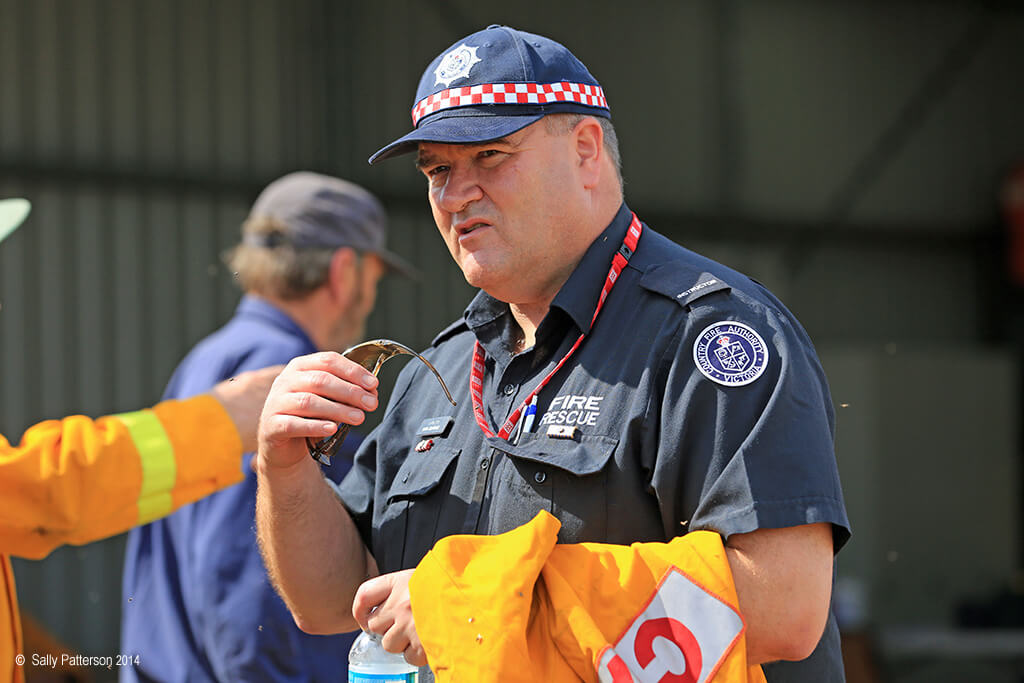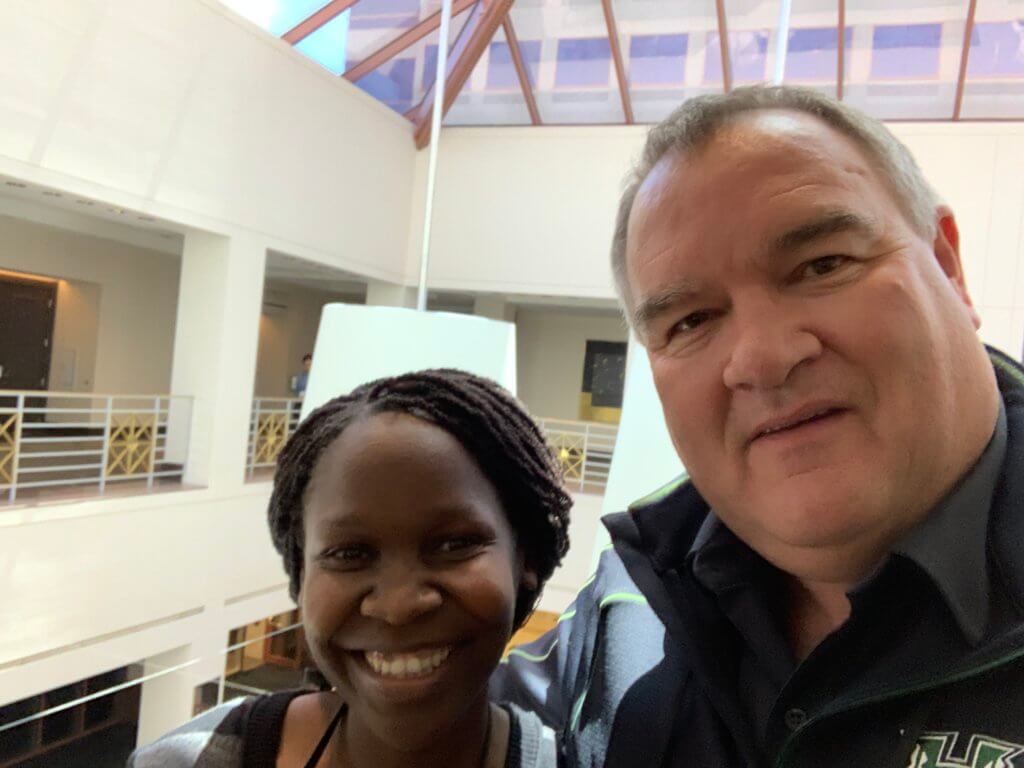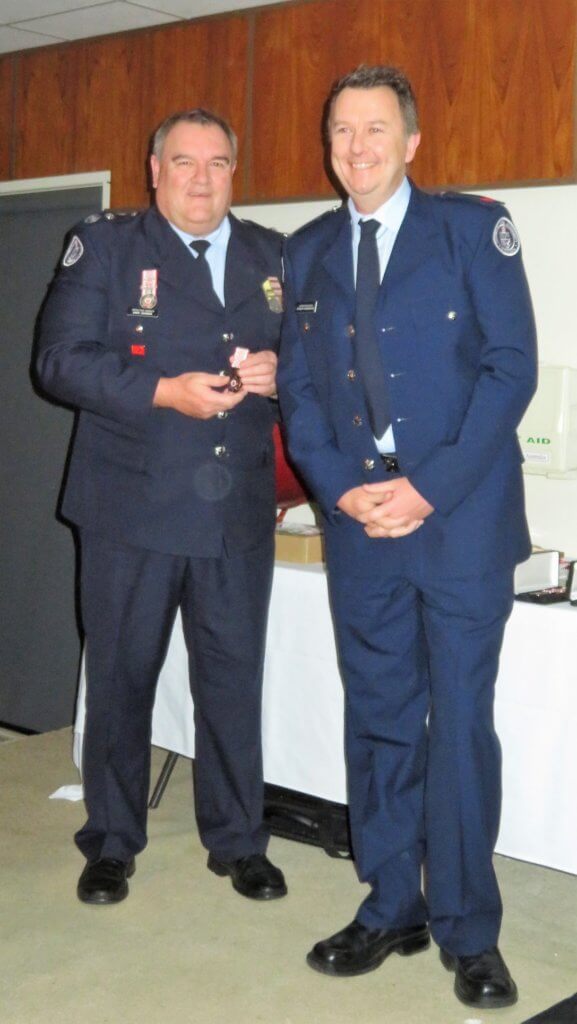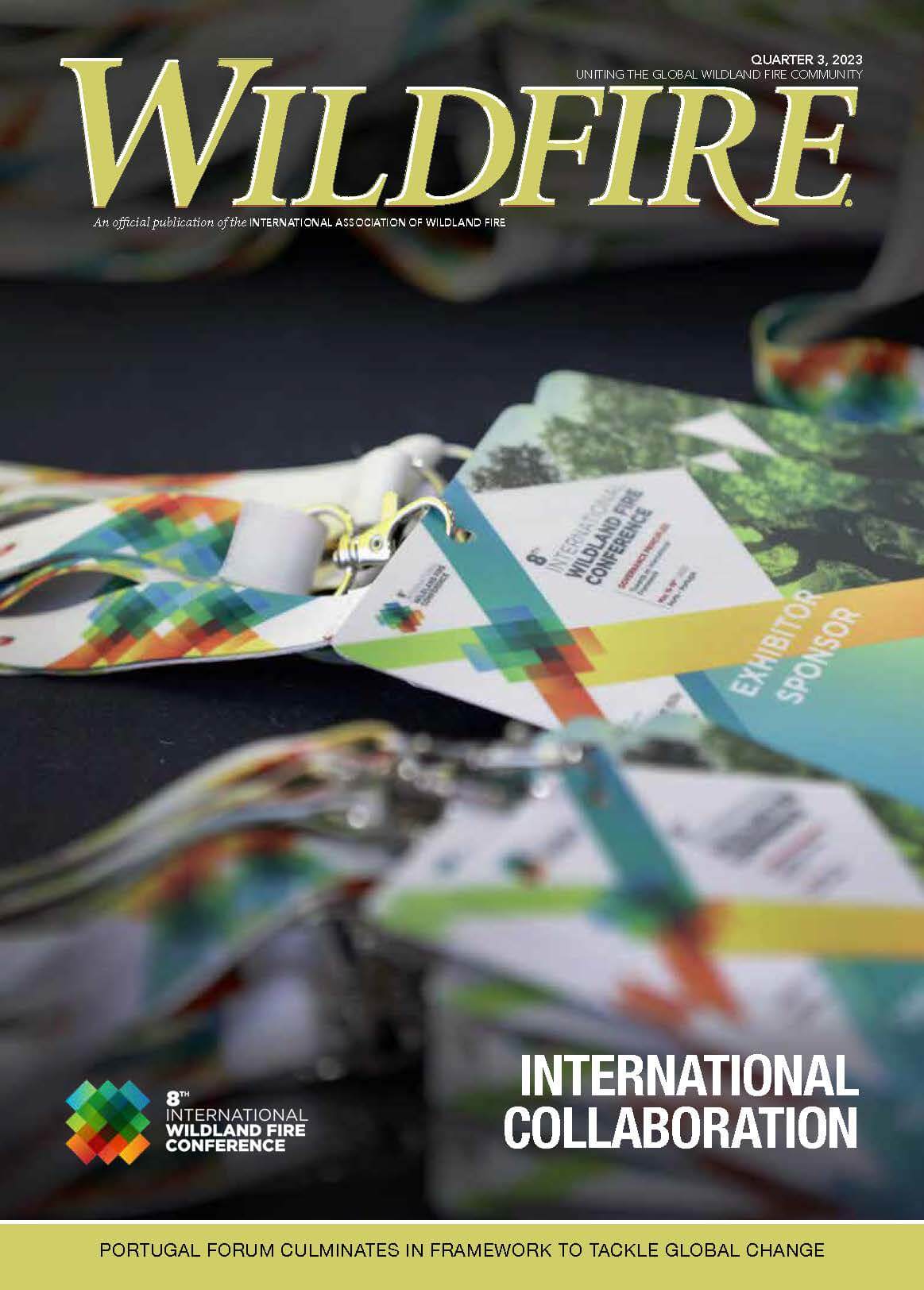 Fired Up: Lifelong Learner and Doer – Mark Gunning
Fired Up: Lifelong Learner and Doer – Mark Gunning
By Dylan Bruce
A Law Degree may not sound particularly useful for a firefighter, but Mark Gunning insists it has served him well.
A Commander with the CFA in south west Victoria, Australia, Mark is a lifelong learner with an extensive history of education, but it is the Law Degree he highlights as his most useful.
“It trained me to identify critical issues, identify the rules and procedures that apply to those issues, and then apply them under challenging circumstances.”
With qualifications ranging from emergency management to fire science and suppression, Mark is a life-long learner.
“I believe it sets a strong example for my children that you can put your mind to things and succeed at any time, and that you are never to old learn new things, or understand ‘old things’ better.”
Mark has over 35 years of firefighting experience, and from a young age it was a family affair. “My mother’s family were heavily involved in the fire brigade, and I was encouraged to follow suit.”
He began as a volunteer at the young age of 14, and would join as a career officer when he turned 22. “When I started I did not know what to expect or have a picture of where the career may lead.”
An ordinary day for Mark involves managing issues that arise in fire brigades in the Otways and Western Plain regions of Victoria, Australia, but his role leading Incident Management teams means he must be adaptable.
At a moment’s notice, his day can be interrupted by serious accidents, such as building fires and other emergencies that he must attend to.
As well as developing an understanding of the different risks he may face, Mark says that having a capable team with the appropriate expertise with him helps a lot.
“One of the most important things I have learned is that ‘None of us are as smart as all of us’.
“I used to think that this was about listening to your team, but I have adapted it to involving the communities we serve in decisions more makes the challenge easier.”
Mark recalls how this mantra helped during the South West Fires of St Patrick’s Day in 2018.
Of the 13 outcomes the Incident Action Plan had outlined, nine of them were about the community, with a focus on individual health and recovery from the impacts of the emergency.
“We integrated recovery operations into the Incident Management Team from day one, and achieved significant community outcomes and lifelong relationships with those communities.”
Mark’s passion for community engagement was called upon when assisting in the Victorian COVID-19 response.
Working with diverse and largely immigrant communities, Mark had to grapple with entrenched distrust of governments and government agencies.
“When I left I felt we had connected the community with the agencies to get the best care and support available.
I am proud of the small role I played in adapting all the skills I learned in fire to a much greater emergency.”
Although he is glad to see a greater of understanding of the impacts of smoke, gases, and particulate matter on community health and the environment in recent years, Mark is worried by the worsening scale of fires. “The rate of escalating fire numbers and the behaviour of those fires is scary, and if it’s scary to me as a trained practitioner, governments and communities should be more worried.”



